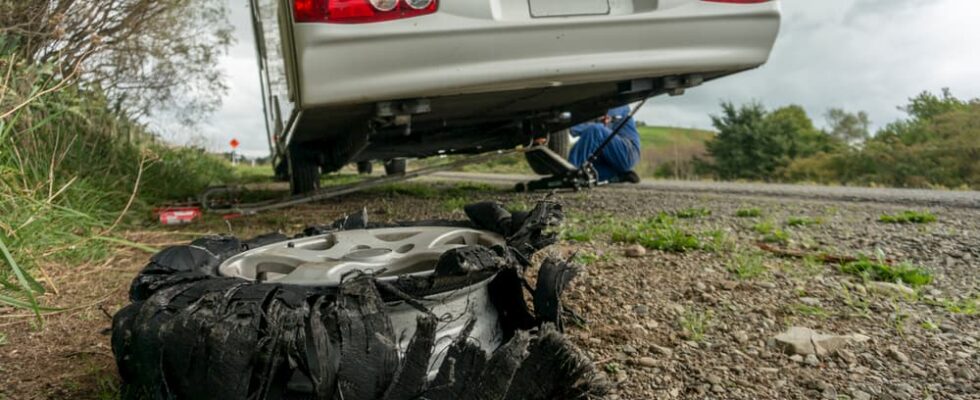One of the most inconvenient things that can happen is getting into an accident. One minute you are completely fine, just going about your day, and then you are suddenly in a crash, your vehicle is damaged and you might have sustained injuries.
It doesn’t matter if you are in your daily car or your RV, getting into an accident can be stressful.
Whether it is just a minor fender-bender or something more serious, knowing how to handle RV collisions is important to getting your home-away-from-home back on the road safely.
To give you an idea, here are some essential tips to guide you through the process.
Assess the Damage Immediately
For starters, you need to step out of your RV and look for any damage that your vehicle has sustained in the crash.
Look for visible signs of damage such as dents, scratches, or broken parts. Even if the damage seems minor, you need to have a professional inspect the RV thoroughly. Sometimes, internal damage can be hidden and affect the safety and functionality of your vehicle.
If you need immediate assistance because your RV is not starting back up, don’t hesitate to contact a trusted repair shop.
Document Everything
No matter what kind of a vehicle you drive, you need to document everything to deal with the insurance companies.
For starters, you should take detailed photos and videos of the damage from multiple angles. Then, you can note down any observations about how the accident occurred and gather witness statements if possible. This information can be invaluable when filing insurance claims and making sure that all aspects of the damage are addressed during repairs.
Choose a Reputable Repair Shop
Finding the right repair shop can make a world of difference in the quality of repairs and your overall experience.
You need to find a shop that specializes in RV repairs and has a good reputation in the community. Reading online reviews and asking for recommendations from fellow RV enthusiasts can help you narrow down your options.
When choosing a repair shop for RV collision repair, inquire about their experience with your RV model and ask for examples of past repair work. A reputable shop will be transparent about their process and provide you with a detailed estimate before beginning any work.
Understand Your Insurance Coverage
Before you pay for any kind of repairs, you should review your insurance policy to understand what is covered in terms of RV repairs after an accident. Different policies may have varying coverage limits and deductibles.
Contact your insurance provider to initiate a claim as soon as possible. They can guide you through the claims process and provide information on approved repair shops within their network, if applicable.
If the police report of the accident shows that it is the other driver’s fault, then you can contact their insurance provider to get coverage for your RV repairs.
Conduct a Thorough Inspection Before Acceptance
Once your RV is completely repaired, you shouldn’t just drive it out of the garage. You need to conduct a thorough inspection of your RV before accepting it back.
Check that all repairs have been completed to your satisfaction and that any replaced parts meet your expectations.
You should take your time during this inspection and don’t hesitate to ask questions or request further adjustments if necessary.


